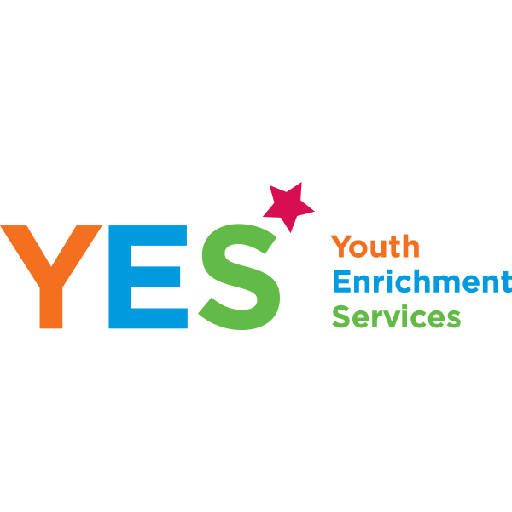Youth Enrichment Services (YES) recently received a $65,000 grant from the Yawkey Foundation. These funds will support YES’s repeat engagement and high impact programming. The Yawkey Foundation has been one of YES’s longest and most consistent supporters. Over the last 20 years, the foundation has awarded a total of over $1.2M in operating funds to YES.
YES’s repeat engagement programming helps youth develop the foundation for lifelong healthy activities and self-confidence by focusing on one sport over a season with small group coaching. Youth are able to improve their skills and excel at their sport while gaining confidence and building stronger relationships with their peers and coaches. Repeat engagement programs include Track & Field, YETTI (Youth Excel Through Tailored Instruction) Ski and Snowboard, Cross-Country Ski, Outdoor Adventure Week-Ling Experiences, and Strategic Partnerships through Outdoor Adventures & SnowSports, including partnerships with schools and housing developments.
The high-impact programming at YES provides teens with college preparation, career readiness, and leadership programming in conjunction with volunteer service and outdoor activities. Meeting weekly throughout the school year, teens in the program participate in workshops, group trainings, and one-on-one sessions with YES staff. They also participate in outdoor activities – Downhill Skiing, Cross Country Skiing, and Outdoor Adventure – and serve as assistant instructors and positive role models to younger youth in YES’s sports-based programs. Programs include Leadership Corps, YES Alumni Support (serving former YES youth currently enrolled in college), and employment/internships for high school students.
About the Yawkey Foundation: The Yawkey Foundations trace their origins back over eight decades to the philanthropic commitments of Tom and Jean Yawkey. With great concern for the forgotten and underserved, Tom and Jean Yawkey took careful steps to ensure that their legacy would live on through the work of the Yawkey Foundations. They were particularly interested in supporting organizations that encouraged educational opportunities, improved health care, enhanced human service programs, provided youth and amateur athletic opportunities, celebrated arts and cultural endeavors, and valued conservation efforts.
